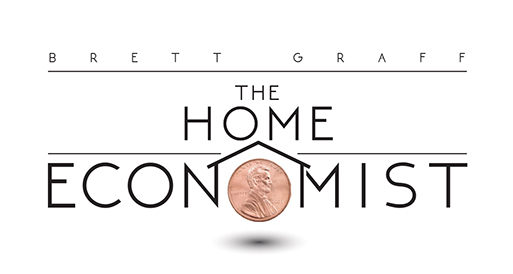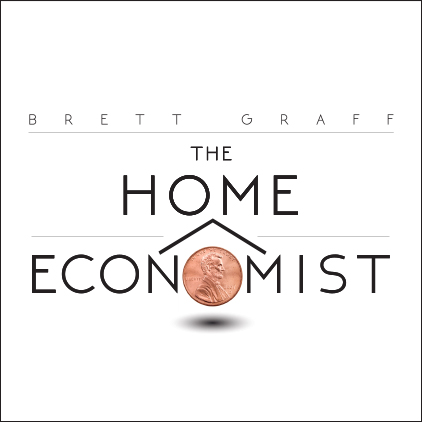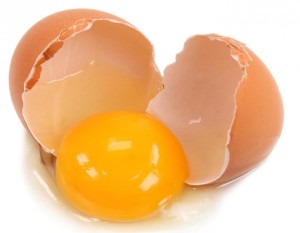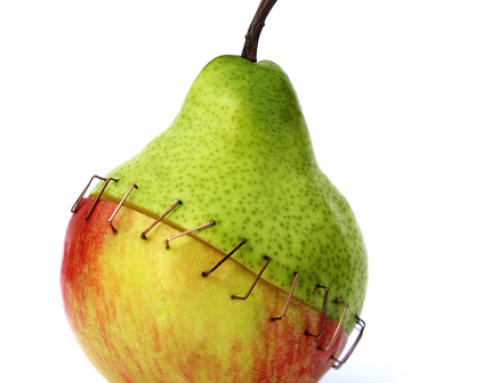Economists may not dress well but they sure know a bit about dress prices: for example they’re lowest from now until the end of February. Because just as strawberries are priced more sweetly in summer, this is the season when there are an abundance of sweet deals on dresses. In fact all big ticket items – cars, vacations – have a certain point in the year when prices are more palatable.
We’re not suggesting you rack up any debt to cash in on deals – don’t be an idiot – but if you’re in the market to buy, well, anything, then perfect timing can insure the ultimate shopping score. So from now and all through February look out for good deals on:
Romantic getaways: Yes, being home for the holidays isn’t just a cliche but rather a reality. There are no school holidays for months to come and people are hunkered down for winter. That not only depresses airfares and hotel rates but it makes Valentine’s Day vacationers very happy. Spend a few days this month in a bustling city you’ve never seen and experience it all at a discount.
Dresses: People spend so much time prepping for holiday parties before Christmas but we’d all be smarter shoppers if we bought dresses after the holidays. All clothes are cheaper but according to government economists, regular priced dresses – not even sale dresses but full-price favorites – are 20 percent less than they are in September. Try and track down some discounts and – oh boy – you can stock up for next year.
Jewels: You have fromDecember until March to buy bracelets, watches and rings at lower prices, meaning Valentine’s Day falls smack in the middle of these seasonal lows. Starting in April, they start to rise again.
WHAT NOT TO BUY IN FEBRUARY – these aren’t buys that break the bank but if you’re looking to save money at every turn, consider curbing your purchase of:
Eyeglasses – in February is their most expensive month of the year.
Eggs – Cold winters sure hurt the hens ability to keep their eggs warm. With less to sell, prices tend to be some 12 percent higher than they are in summer.Fresh fruit: It’s a seasonal issue: cold weather is bad for fruit crops. Prices are typically up 10 percent but this winter, they’re even higher. Frozen fruits, on the other hand, are adored by nutritionists – and economists – everywhere because they’re flash frozen on the farm and don’t lose their vitamin luster on the long drive to your supermarket.
How do we know these things? Economists at the Bureau of Labor Statistics spend years watching prices and finding patters. They write them down and use these very predictable price drops and price increases to do something called “seasonally adjust” inflation indexes. When they’re tracking, say, dress prices every month they can expect this regular drop in February without accidentally thinking there’s some crisis in the apparel business making crashing the dress market.





Good to know about the eyeglasses. Thanks!
And I was hoping for a new pair – but I may splurge on a dress….(shhhhh)